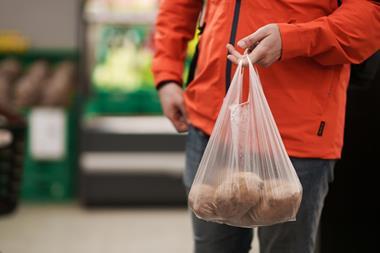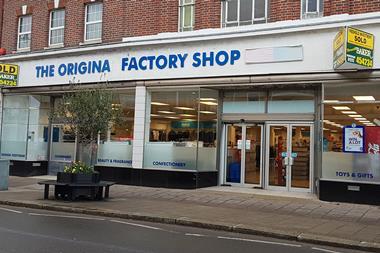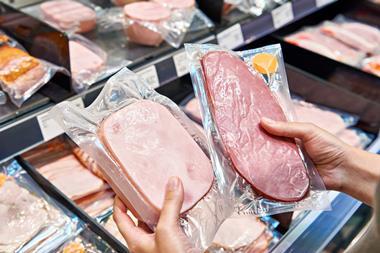Professor Chris Elliott’s post-Horsegate report is out, and it makes for pretty uncomfortable reading for the food industry and the meat sector in particular.
Industry and government bodies were quick to highlight today that Elliott acknowledges UK consumers have access to some of the safest food in the world, and they’re perfectly right – he does indeed say that and his report contains a number of ‘best practice’ examples.
But he also has an awful lot of rather more unflattering things to say. The report’s overall message – that food is an increasingly attractive target for criminals, and UK industry and consumers are so potentially vulnerable that we need a dedicated food crime unit to deal with the problem – is bleak enough.
But for me, what stood out in Elliott’s report – and perhaps sets it apart from other reports we have already had, including from Efra, Pat Troop and the National Audit Office – were some of the case studies and anecdotal evidence.
They really bring to life the challenges in protecting consumers from unsavoury practices. Crucially, not all of these are necessarily criminal practices, but they highlight where our food system is vulnerable and creaking dangerously around the edges.
There’s the unnamed retailer who wants his supplier to produce a ‘gourmet’ burger for a preposterously low 30p; there are worrying examples of how easily – and profitably – risky animal by-products could be re-sold as meat for human consumption; and there is the ludicrous tale of a third-party auditor so incompetent the food company being audited had to take mercy and draw up a list of their own non-compliances to help out.
To tackle some of these problems, Elliott has come up with a list of 48 initial recommendations, which will now be refined – in consultation with government and industry – ahead of the publication of his final report in the spring.
In some instances, Elliott’s recommendations overlap with existing workstreams within industry and government. Among these, I thought the BRC’s announcement today that it was working on creating a new certification scheme for agents and brokers was especially noteworthy. Elliott makes clear he is extremely worried about traders in the meat sector, some of whom he says continue to sell large amounts of “dubious” meat, and he believes more robust controls are urgently needed. It is good to see steps are already being made in that direction.
Inevitably, of course, not all 48 of Elliott’s recommendations will find their way into practice, and in some cases important questions about funding will have to be resolved before the feasibility of Elliott’s proposals can be assessed fully.
But the professor himself is quite clear about which of his 48 proposals he would like to see prioritised. When I spoke to him earlier today he told me the one recommendation he feels the government must implement is the specialist food crimes unit; whereas the number-one change he would like industry to make is to move from announced to unannounced inspections, and have inspectors take food samples for authenticity tests during those unannounced inspections.
It will be interesting to see to what extent the government and the industry will comply with his wishes. After all, for Elliott’s report to have a lasting legacy, it will have to be more than just interesting food for thought: it will have to become fuel for action.
Read our full coverage of the Elliott report here.



















No comments yet